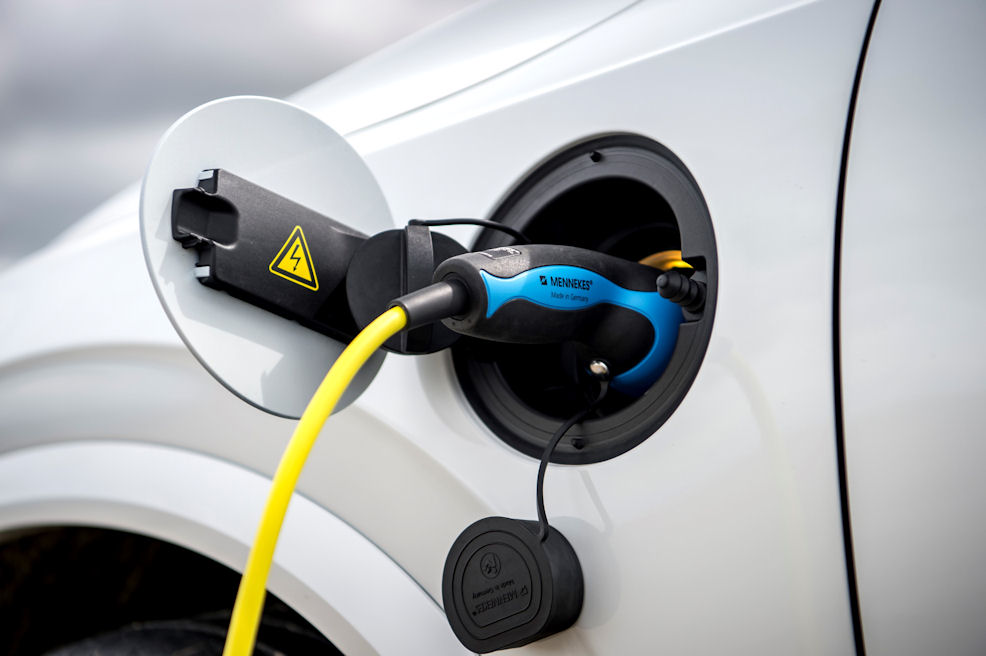SMMT: Don’t ban hybrids and low emission vehicles
 The SMMT considers hybrids, along with low-emission combustion engines, as “important stepping stone” to zero emissions (Photo: Volvo)
The SMMT considers hybrids, along with low-emission combustion engines, as “important stepping stone” to zero emissions (Photo: Volvo)
The Society of Motor Manufacturers and Traders (SMMT) released its UK passenger car registration figures for January shortly after the government announced its ambition to end the sale of all vehicles with an internal combustion engine, including HEVs and PHEVs, by 2035. In response to the announcement, the SMMT calls for caution. It points out that hybrids and plug-in hybrids are zero-emission capable, and therefore views both as vehicles not only bringing “significant environmental benefits today,” but also an “important stepping stone in helping motorists make the switch to a zero-emission vehicle.”
The SMMT opposes an outright ban on all combustion engines as it believes hybrids and the latest low emission petrol and diesel vehicles “have a vital role to play” in the transition to zero-emission transport. Simply banning them will “hamper innovation and hold back progress,” states the organisation. “Fleet renewal remains the quickest way to address environmental concerns and it is important that consumers feel confident in purchasing these latest technologies if we are to address environmental concerns immediately.”
A strong market needed for environmental improvements
The government’s goal for 2035 is “extremely challenging,” opines the SMMT. It considers “an extensive package of government support” vital if the UK market stands “any chance” of meeting it.
“These measures must support a smooth and sustainable transition for industry and consumers, whatever their income or driving needs,” the SMMT states. “Industry continues to call for government to have a long-term commitment to the Plug-in Car Grant – which is currently set to expire in March – and that it should be extended to cover all Ultra-Low Emission Vehicles (ULEVs), whether plug-in hybrid, full battery electric or hydrogen-fuelled. The clear evidence from other European markets of the negative consequences of removing incentives before the market is ready should be a key consideration.
“Government must also commit to a massive and urgent uplift in public charging infrastructure, ensuring an adequate mix of the right chargers in the right places is deployed in a coordinated fashion throughout the country. To encourage the adoption of electric vehicles, consumers must find charging as easy as, if not easier than, refuelling.”
SMMT chief executive Mike Hawes comments that while the government’s ambition is an understandable attempt to address climate change and air quality concerns, blanket bans do not help short-term consumer confidence. “To be successful, government must lead the transition with an extensive and appropriately funded package of fiscal incentives, policies and investment to drive demand. We want to deliver air quality and environmental improvements now but need a strong market to do so.”




Comments